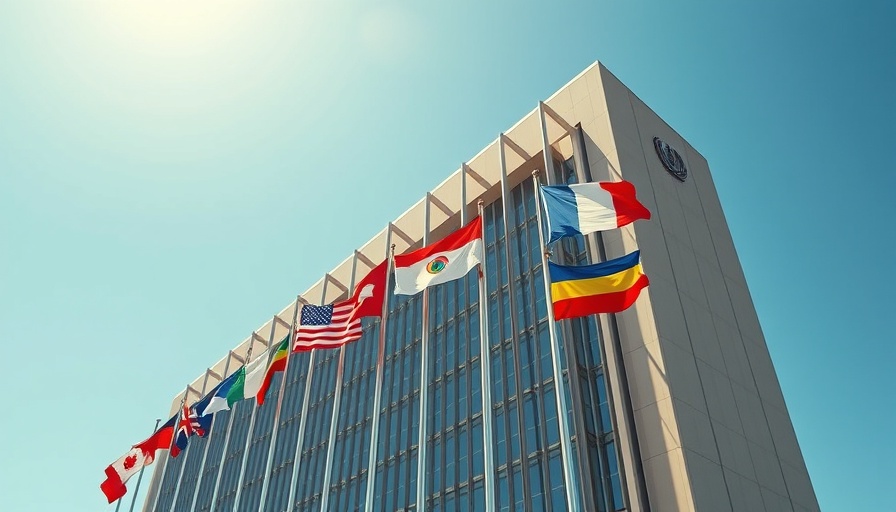
A New Era of Accountability or Overreach?
The Trump administration's recent demand for U.N. agencies to complete an extensive questionnaire reveals a significant shift in U.S. foreign policy. As part of its efforts to combat perceived waste, fraud, and abuse, the administration has asked organizations like UNICEF and the U.N. Refugee Agency to disclose any associations with communism, socialism, and anti-American beliefs. Critics argue this constitutes a troubling overreach that risks undermining longstanding U.S. leadership in global humanitarian efforts.
Understanding the Questionnaire's Implications
The questionnaire requires agencies to clarify their positions on contentious issues such as diversity, equity, and inclusion (DEI) initiatives and to confirm they do not engage in climate or environmental justice projects. Frankly, this intrusive assessment is more than a budgetary tool; it poses significant questions about the U.S.’s role in global governance.
A Shift in Global Diplomacy
Many experts caution that these demands could not only alienate international partners but could also reflect a dangerous trend where U.S. foreign aid is tethered to political loyalty tests. Officials from the Trump administration maintain that these measures are necessary to align aid with American values and to protect national sovereignty.
The Potential for Isolationism
As stated by one former diplomat, the U.S. approach, especially this questionnaire format, has been viewed as both “intrusive” and “uncomfortable” by those within international agencies. The perception that a loyalty test is being applied to organizations that assist in humanitarian efforts could discourage vital collaboration on global issues from health to environmental challenges. This could ultimately lead to a more isolationist stance in U.S. foreign policy, contrary to the interconnectedness that defines modern global challenges.
What Lies Ahead?
As this situation unfolds, the answers provided by these agencies will likely set a precedent for future U.S. foreign aid requirements. Will any deviation from the administration's defined standards jeopardize much-needed funds for critical international programs? The uncertainty could stifle innovation and progress in humanitarian work where diverse perspectives are essential.
This development highlights the delicate balance between ensuring U.S. interests are reflected in international policies and maintaining a cooperative global landscape. The longer-term ramifications of America's evolving stance on international aid remain a critical aspect for onlookers as debates about U.S. foreign policy intensify.
 Add Row
Add Row  Add
Add 




 Add Row
Add Row  Add
Add 



Write A Comment